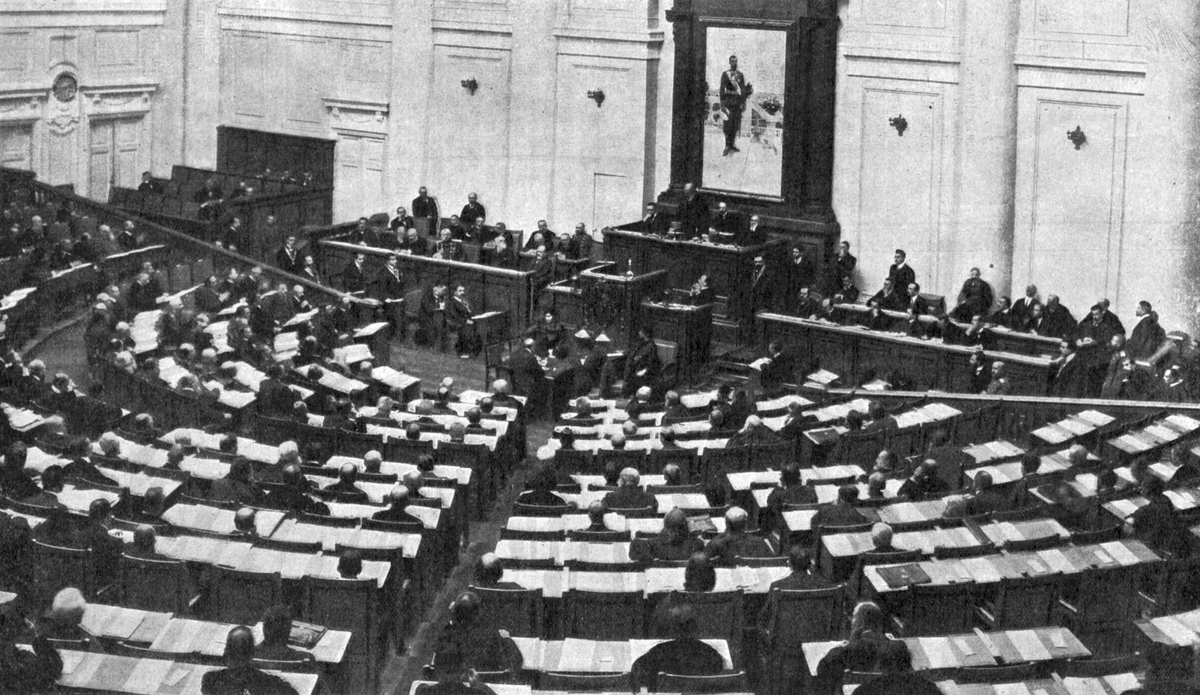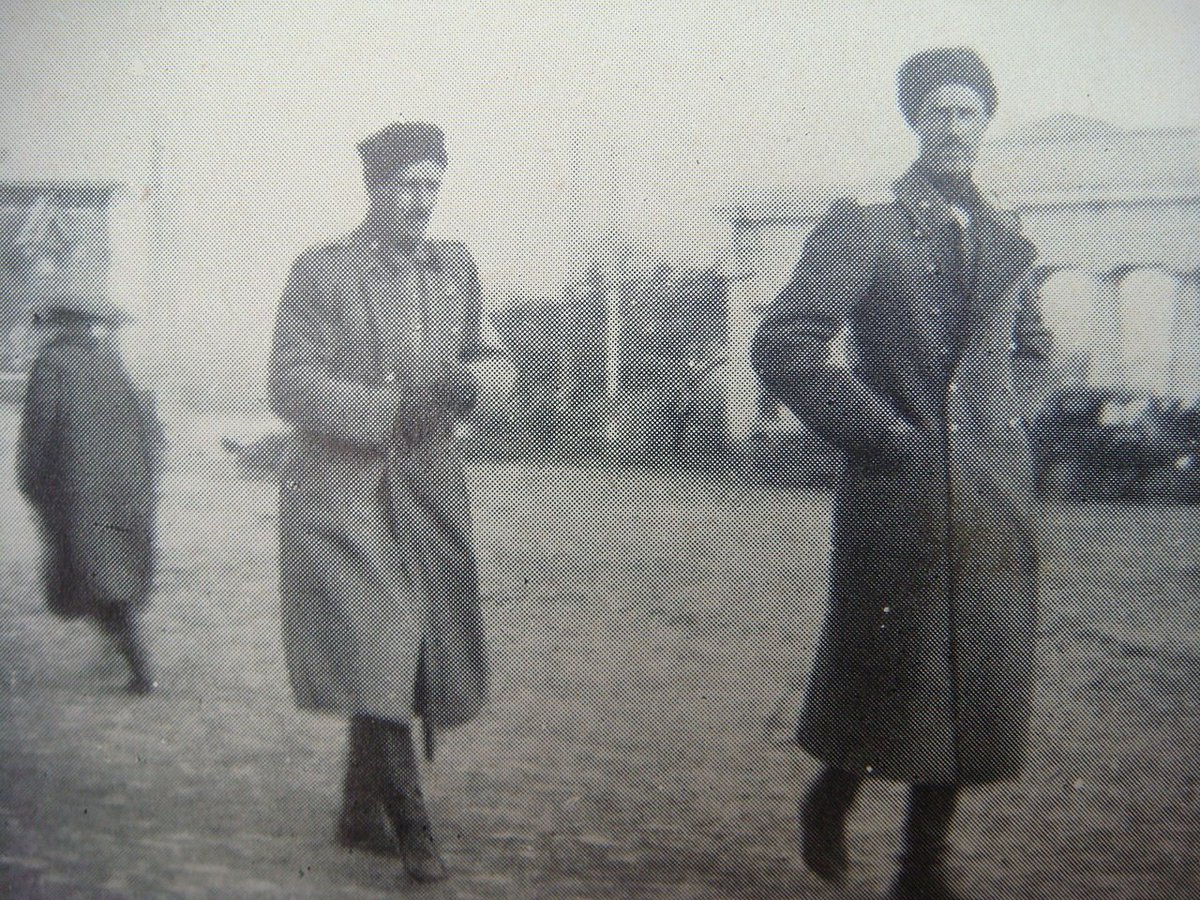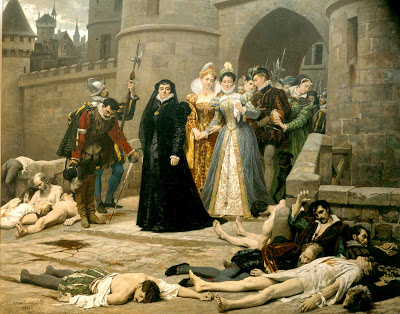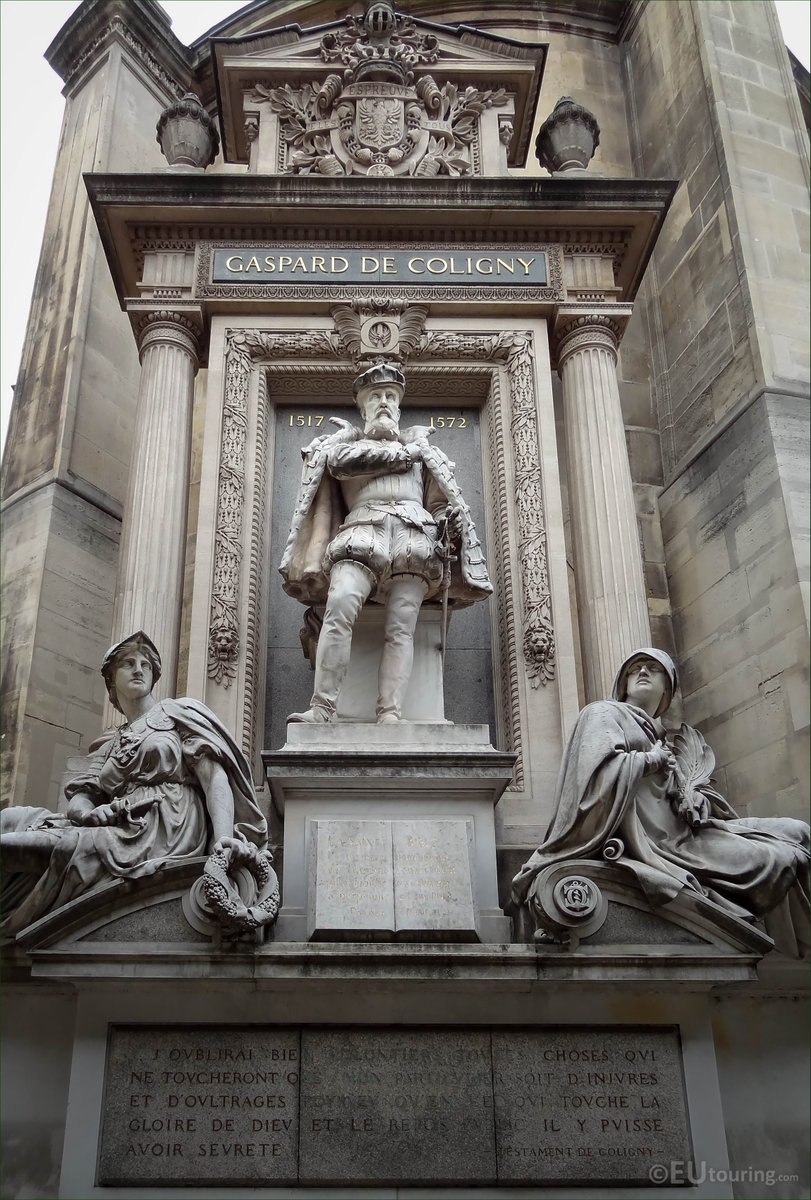
Yesterday, Dec. 16, was 104 years since the State Duma of #Russia's Imperial government closed for the last time. Opened in April 1906 as part of the reforms after the 1905 rebellion (triggered by the war loss to Japan), it was a shocking infusion of liberalism to the Tsardom. 

So many what-ifs with Russia, even up to the end. If Nicholas II had not taken direct control at the front in September 1915, or if somebody had murdered Rasputin earlier - which might have stopped Nicholas going to the front (he did it partly to get away from Court intrigues).
The political reforms in #Russia after 1905 were serious, and on the economic side the industrialisation of the country was even more successful - it's one of the reasons the Germans were content with war in 1914; it would have been impossible to win by 1917 or perhaps 1916.
The reforms in #Russia after 1905, the greater openness of the system, coincided with a wave of revolutionary terrorism at a scale in the last fifteen years of the Tsar's reign it is difficult to convey. The Okhranka did its best, but was hampered for all kinds of reasons.
Returning to the what-ifs: had the combination of the Somme and the Brusilov offensive broken the German lines and ended the First World War in the summer of 1916: could it have stemmed the slide into revolution in #Russia? Maybe not. But maybe.
In the end, too many things came together and the Tsar could not hang on; with him out of the picture the Imperial governance structure could not hold. In the face of German intrigues and Lenin's fanaticism, the Provisional Government did not stand a chance; a great shame.
• • •
Missing some Tweet in this thread? You can try to
force a refresh






